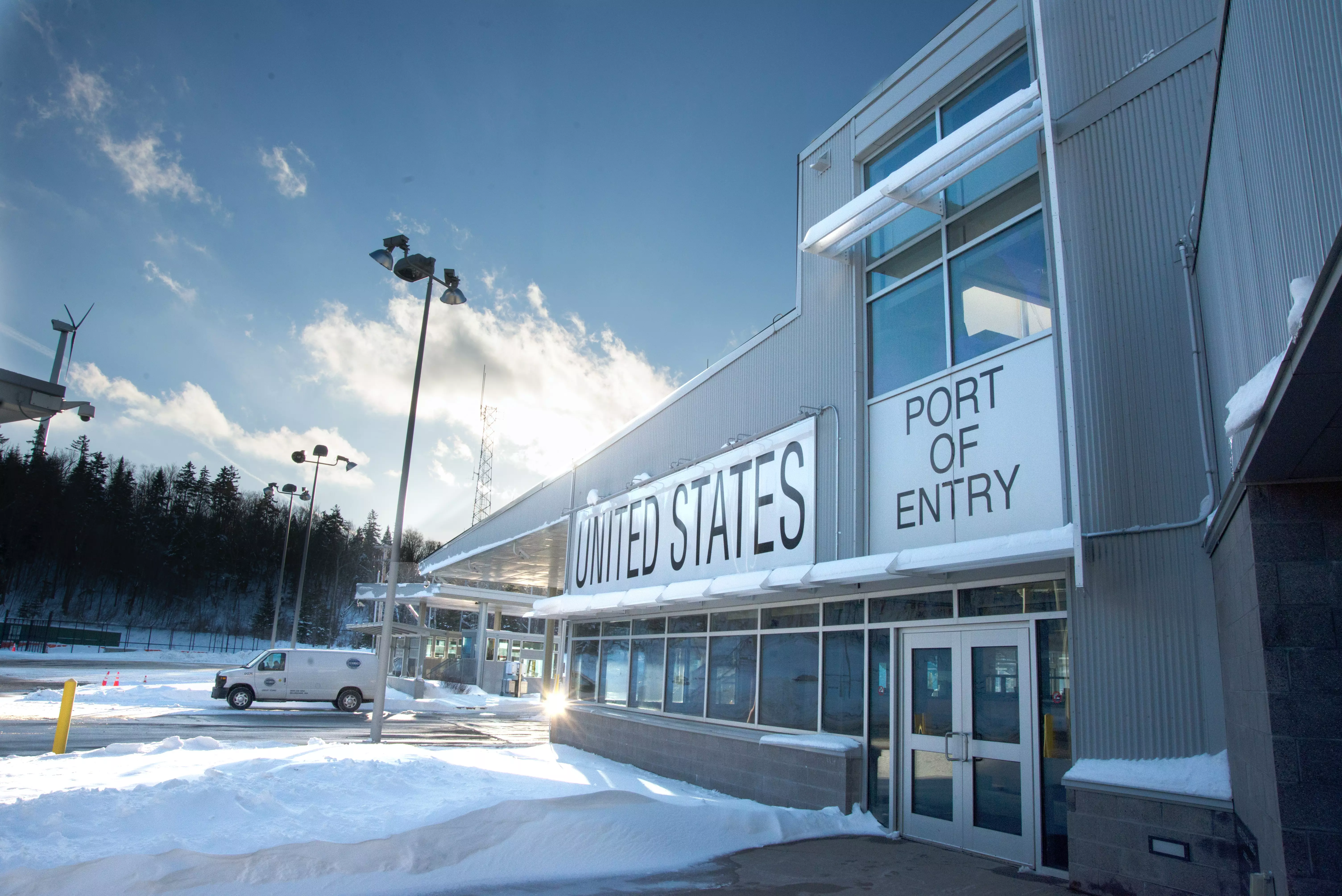Sample by My Essay Writer

In Alfonso Serrano’s Time Magazine piece “Bitter Harvest: U.S. Farmers Blame Billion-Dollar Losses on Immigration Laws,” he proves that the current immigration policy isn’t benefiting the economy. The article discusses the fact that two owners of a farm require 1,000 seasonal workers each year. These workers grow and pack “more than 6 million boxes of apples on their farm along the Snake River in eastern Washington,” (Serrano, 2012). But their efforts to recruit people are coming up short even in an area that has a high number of unemployed people. . [“Write my essay for me?” Get help here.]
The obvious implications that the media is unbiasedly portraying in a non-sensationalized way is that the 1986 Act, though it meant to improve on the failures of the 1965 Act, only exacerbated matters. Rather than improving the immigration system, it focused far too sharply on enforcement and did not take account of the economic factors that hinged upon facilitating the legalization of those who were already living in the U.S. and contributing to its economy, or who were unable to contribute to the U.S. economy.
The article supports immigration and doesn’t show any signs of prejudice, discrimination or stereotyping. It is simply saying, that the cost is ultimately born by taxpayers, particularly in Border States, as is also pointed out by (Provenza, 2008). This has significant effects on the U.S. economy. On the other side of the spectrum, however, farmers like Ralph and Cheryl Broetje report that they depend on 1,000 “seasonal workers to grow and pack more than 6 million boxes of apples” annually (Serrano, 2012). However, immigration laws have made it impossible for them to hire the number of workers that they require and as result of the labor shortage American farmers are losing approximately a billion dollars (Serrano, 2012). Furthermore, McClure argues that a Stanford economist estimates that immigration reform seeking to legalize those who are currently living and working in the U.S. should lead to increased rates of employment, which is correlated with reduced crime. [Need an essay writing service? Find help here.]

As a solution, Black, Black and Pace recommend using the Internal Revenue Service (IRS) as a solution to the immigration problem. The IRS has the authority to investigate, collect public revenue and prosecute offences. With its access to a wealth of information, the IRS has the resources to gain access to information relevant to specific businesses and individuals via auditing processes and can therefore enforce the ban on hiring illegal immigrants. Black, Black and Pace’s proposal is predicated on the belief that should enforcement against employers be tightened, their incentives to hire illegal immigrants would be reduced and, as such, illegal immigrants would either be deterred or discouraged and would return to their home countries. However, the approach recommended by Black, Black and Pace conflicts with concerns expressed by employers that there is a lack of human capital in domestic markets and the demand for immigrant workers is high (Serrano, 2012). It therefore follows that Black, Black and Pace presents a solution that is counterproductive and wholly punitive to the illegal immigrant and at the same time harms the economy. If employers, particularly farmers, are suffering losses as a result of immigration, enforcement policies and laws, a tightening of those laws will only serve to further harm the economy not only for the farmers, but for the U.S. consumers who depend on locally produced produce. < Click Essay Writer to order your essay >
Provenza proposes a solution that would tighten border control. Provenza draws attention to the reduction in illegal immigrants in the immediate aftermath of 9/11 when border controls were tightened. However, Provenza fails to take into account the exponential absorption of resources in terms of cash and human capital in tightening border control to the extent that it was tightened in the immediate aftermath of 9/11. The expenditure of human and cash capital at the time was necessitated by a national emergency. Incurring those kinds of expenses on a daily basis would be particularly problematic when employment, especially in the labour-intensive markets is in high demand and supplies are low since immigrants are either forced out or not allowed entry, (Legrain, 2007).
Works Cited
Legrain, P. and Myers, J. J. “Immigrants: Your Country Needs Them.” Carnegie Council for
Ethics in International Affairs. Public Affairs, (September 10, 2007). Web.
Provenza, P. “Illegal Immigration: What You Really Need to Know.” Louisiana State
University, English 2000, (2008). Web
Serrano, Alfonso. “Bitter Harvest: U.S. Farmers Blame Billion-Dollar Losses on Immigration
Laws.” Time Magazine. Print. 21 Sept. 2012.






